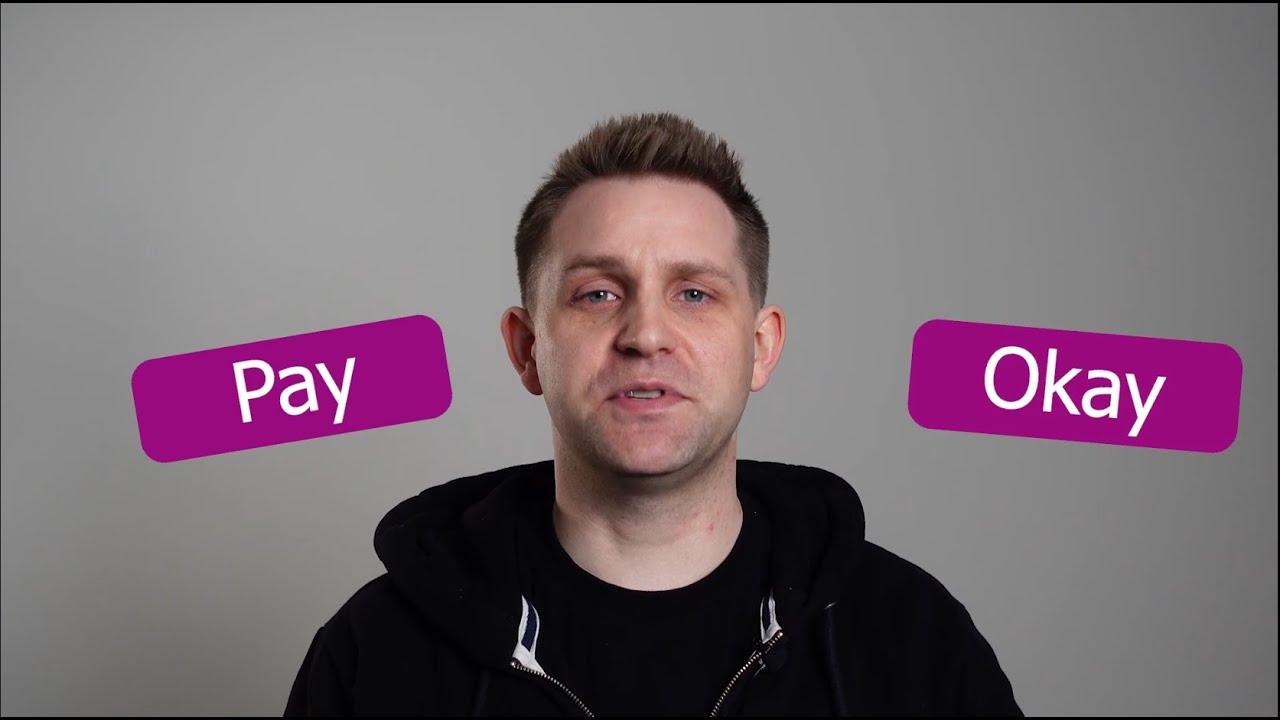It was a cold Parisian day in 1948 when privacy became a recognized human right. As our lives become increasingly digitalized, new laws have popped up across the world to draw a line on the restless abuse of our data online. Now, in the worst capitalistic dystopian nightmare, the concept of privacy as a commodity has taken a sinister turn – alas, the privacy paywall.
The so-called ‘Pay or Consent’ or ‘Pay or OK’ model has made its first steps across some news publications in the EU, with Meta being the most controversial case. Companies are pushing the boundaries of the GDPR provisions on user consent. Needless to say, legal complaints have stormed the attempt to establish what’s been deemed as “privacy for the rich.” The social media behemoth even paused its new pay-for-ads-free plan for the European market.
Just when we thought we’d won the battle, the privacy paywall landed in the UK. Accessing the free news of some of the most popular UK newspapers online now has a cost. It’s up to you to decide if you want to pay with money or your data to get what should be already yours – your right to privacy. Not exactly “freely given consent,” is it?
The GDPR issue
The European block’s GDPR was a landmark moment for online data protection. It was the first law worldwide to give clear rules on how online services must treat the trail of information that people share online. Many countries after that later adopted their own version of it.
The bedrock of the law is to minimize data collection – and what regulators defined as “user consent” is a central part of this goal. You’ve probably learned to hate by now all the pop-up windows that open every time you visit a website. Despite being daunting at times, this is how you can decide to claim back your right to privacy.
The ‘Pay or Consent’ model indeed gives you a choice – on paper, at least. Certainly, it isn’t a free one. The big elephant in the room here is that, under GDPR, users have to give “freely given consent” for their data to be collected.

Let’s look at what the GDPR guidelines say exactly. In Section 3.1, the law clearly states that “if the data subject has no real choice, feels compelled to consent or will endure negative consequences if they do not consent, then consent will not be valid.”
Similarly, section 3.1.2 reads: “For consent to be freely given, access to services and functionalities must not be made conditional on the consent of a user to the storing of information, or gaining of access to information already stored, in the terminal equipment of a user (so-called cookie walls).”
Well, I’m not a lawyer but it looks to me, and other experts in Europe – see the video above where Max Schrems, a lawyer and Founder of Austrian digital rights group Noyb, discussed the matter – that ‘Pay or Consent’ may infringe GDPR rules.
After the UK left the EU, the government implemented its own version of the GDPR. The ‘freely given consent’ clause would remain, though. In March 2023, regulators then passed another law to fight back the so-called pop-up fatigue. The Data Protection and Digital Information Act (DPDI) has extended the range of exemptions to the consent requirement for cookies and other web trackers – a move that wasn’t exactly welcomed by privacy advocates.
A slippery slope
I began tracing the spread of the privacy paywall plague in the UK – and I had to say it isn’t encouraging. At the time of writing, some of the most-read publications are testing the water.
These include The Sun and Daily Mail Online, which count 24.7 and 23.2 million monthly visitors respectively. The Independent, Mirror, and Daily Express are other titles trying to profit from their readers’ data. The price tag for your privacy varies, though, from as little as £1.99 a month to a maximum of £4.99 (The Sun).
The Daily Mail and co. are probably hoping to make as much money as they can until regulators realize what’s happening and understand whether or not they can regulate. More online services will likely join if no one presses the halt button – and not even the best VPN apps will be able to help us.
The instances coming from mainland Europe aren’t encouraging, either. In an unexpected turn, Meta is seeking compensation from the European Data Protection Board for mentioning the company in a footnote over its opinion against ‘Pay or OK.’
Worse still, the Hamburg Data Protection Authority – whose work is ensuring that consumers’ privacy rights are respected – has been sued for allegedly actively encouraging Der Spiegel and another media company to switch to a ‘Pay or consent’ model.
I get that, news organizations are looking for ways to have extra revenue now that most readers do not pay any more to consume their work. Yet, I still believe that charging specifically to avoid online tracking is a blatant erosion of privacy, especially since the premium subscriptions that some of these titles offer come separately.
Think for a minute about how much money you would have to spend just to browse the web if all online services were to adopt ‘Pay or Consent.’ The sad truth is that the great majority of people will only have the choice to accept to be tracked.
Privacy isn’t a commodity, though, but a fundamental human right – full stop.
Services Marketplace – Listings, Bookings & Reviews
